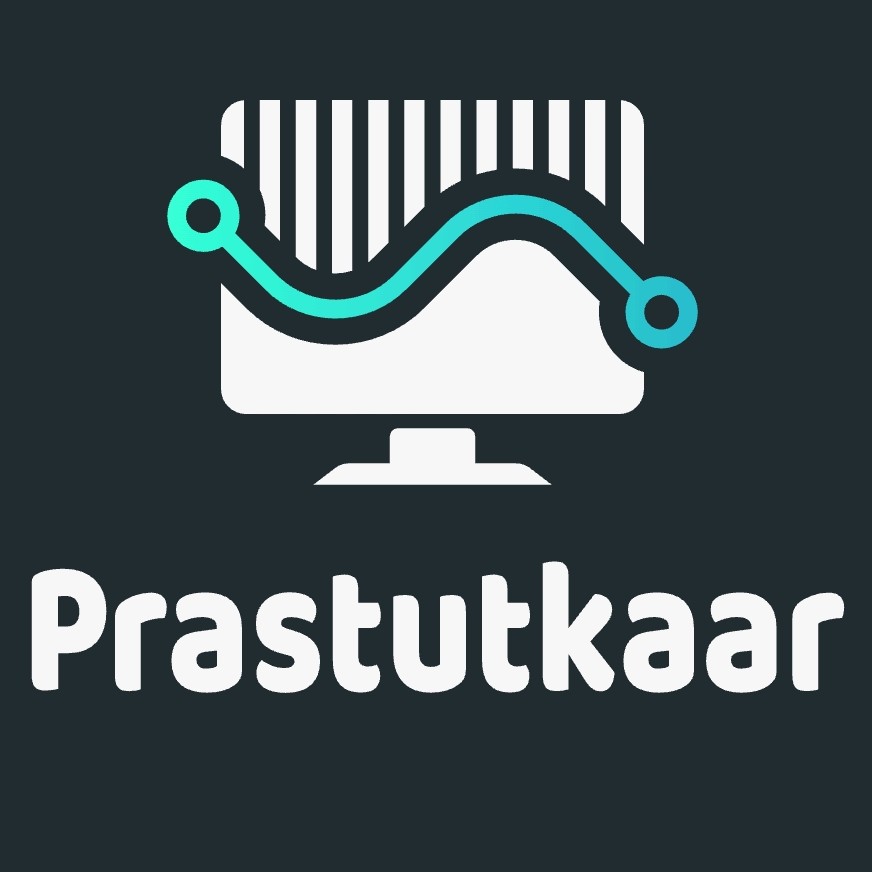In the dynamic and often challenging world of non-governmental organizations (NGOs), maintaining professionalism is essential for effective program delivery, financial sustainability, and societal impact. Professionalism within NGOs ensures accountability, transparency, and optimal use of resources, allowing these organizations to fulfill their mission while maximizing their social contributions. Key tools that can help improve professionalism in NGOs include Monitoring, Evaluation, Accountability, and Learning (MEAL), Baseline Assessment, and Social Return on Investment (SROI) analysis. These approaches help measure impact, guide decision-making, enhance organizational learning, and demonstrate the value of an NGO’s work to stakeholders.
1. MEAL: A Framework for Continuous Improvement
MEAL (Monitoring, Evaluation, Accountability, and Learning) is a comprehensive framework that strengthens the professional capacity of NGOs. It provides a structured approach to tracking the progress and impact of programs, ensuring that they are designed and implemented with measurable goals. The key elements of MEAL are:
- Monitoring: This involves the systematic collection of data on project activities and outputs to ensure that interventions are on track. Monitoring allows NGOs to detect issues early and take corrective action.
- Evaluation: This focuses on assessing the effectiveness and outcomes of the intervention. Evaluation is typically done periodically and can help determine whether a program is achieving its intended goals, contributing to accountability and transparency.
- Accountability: Accountability ensures that NGOs remain answerable to their stakeholders, including beneficiaries, donors, and communities. It fosters trust and confidence, which is critical for an NGO’s reputation and long-term success.
- Learning: This component emphasizes reflecting on experiences to improve future programming. It promotes an organizational culture where feedback is encouraged, ensuring that lessons learned are applied to future projects.
The MEAL framework helps NGOs develop a culture of continuous learning and improvement. By integrating data collection, analysis, and feedback mechanisms into every stage of a program, NGOs can make more informed decisions, refine their interventions, and increase their professionalism.
2. Baseline Assessment: Setting the Foundation for Success
A baseline assessment is conducted before a program begins to establish a clear understanding of the initial conditions of a community or target group. This involves gathering data about the current situation, challenges, and opportunities that exist before any interventions are implemented.
The importance of baseline assessments lies in their ability to:
- Provide a Benchmark: A baseline assessment gives NGOs a starting point, which is essential for measuring progress and impact. It ensures that outcomes can be compared against pre-existing conditions to evaluate change.
- Informed Decision-Making: Understanding the baseline context allows NGOs to design interventions that are more relevant and appropriate for the community or target group, ensuring they are addressing the real needs.
- Effective Monitoring and Evaluation: By establishing baseline indicators, NGOs can measure the success of their interventions accurately. Without this baseline data, it would be impossible to know whether an intervention has led to positive changes.
The professionalism of an NGO is greatly enhanced by the rigor and thoroughness of baseline assessments. They not only ensure that programs are targeted and effective but also reinforce a data-driven approach to decision-making.
3. Social Return on Investment (SROI) Analysis: Demonstrating Value and Impact
SROI analysis is a methodology used to measure the social, environmental, and economic value that an NGO’s activities create, relative to the investment made. It evaluates how much social value is generated for every dollar or unit invested. By focusing on the outcomes and impact rather than just the outputs, SROI helps organizations:
- Quantify Impact: SROI turns social value into a measurable metric, offering a way for NGOs to demonstrate the broader effects of their work. This can include factors like improved well-being, increased educational attainment, or environmental conservation.
- Attract and Retain Funders: Donors and stakeholders are increasingly looking for evidence of impact. SROI analysis provides NGOs with a compelling, data-backed narrative to show how their activities are creating positive changes in communities.
- Improve Strategic Planning: Understanding the social return on investment allows NGOs to refine their strategies. By identifying the most effective interventions, they can allocate resources more efficiently, ensuring that their programs have the maximum possible impact.
- Foster Accountability and Transparency: SROI provides a clear and transparent view of how resources are being utilized to create value. This reinforces the professionalism of the NGO and increases trust among stakeholders.
SROI analysis helps NGOs better communicate their value proposition, ensuring that they remain accountable and sustainable in their operations. It emphasizes efficiency, efficacy, and a results-driven approach, which are fundamental pillars of professionalism.
4. Integrating MEAL, Baseline Assessment, and SROI for Holistic Professionalism
When MEAL, Baseline Assessment, and SROI analysis are integrated into the operations of an NGO, they create a powerful ecosystem of professionalism. These tools work synergistically to enhance not only operational effectiveness but also the organization’s reputation and capacity to fulfill its mission.
- Synergy in Action: A baseline assessment lays the groundwork for the program, while MEAL ensures continuous monitoring and adaptation. SROI then evaluates the impact, allowing the NGO to demonstrate its social value. This integrated approach allows NGOs to not only measure success but also communicate it effectively to all stakeholders.
- Improved Resource Allocation: By understanding the baseline, continuously monitoring the progress, and evaluating the social return, NGOs can make more informed decisions on where to allocate resources, ensuring that investments yield the highest social returns.
- Building a Culture of Learning: The combination of these approaches creates an environment that values data, reflection, and accountability. As NGOs refine their operations based on evidence, they become more agile, adaptive, and professional in their work.
Conclusion
The professionalism of NGOs is key to ensuring that they can deliver meaningful and sustainable impact. By incorporating MEAL, conducting thorough baseline assessments, and utilizing SROI analysis, NGOs can enhance their effectiveness, accountability, and transparency. These tools not only improve decision-making and program quality but also help build trust and credibility with stakeholders. In an increasingly competitive and resource-constrained environment, the integration of these methodologies offers NGOs a structured pathway to greater professionalism, making them more capable of achieving their goals and fulfilling their missions with greater impact.

